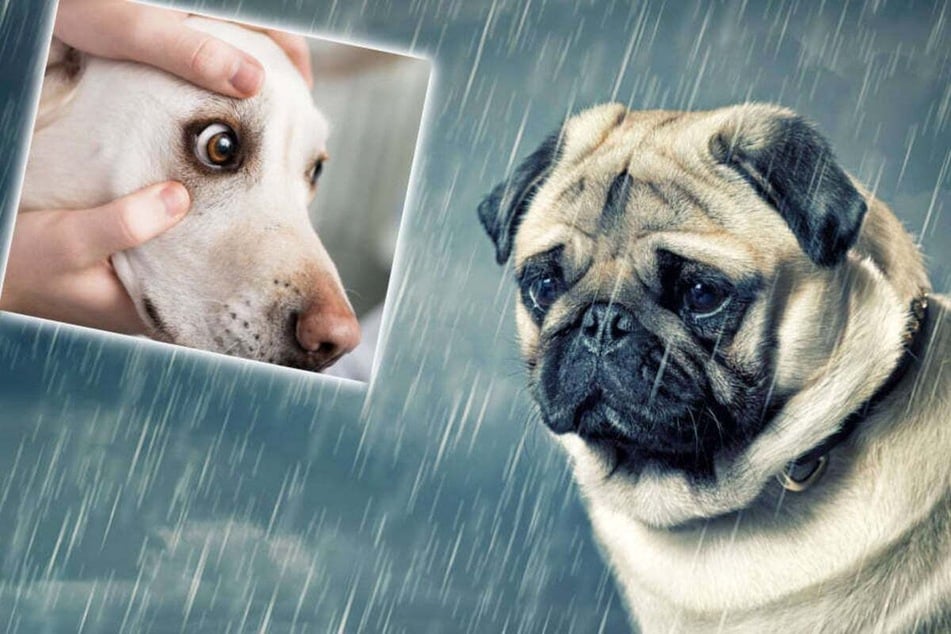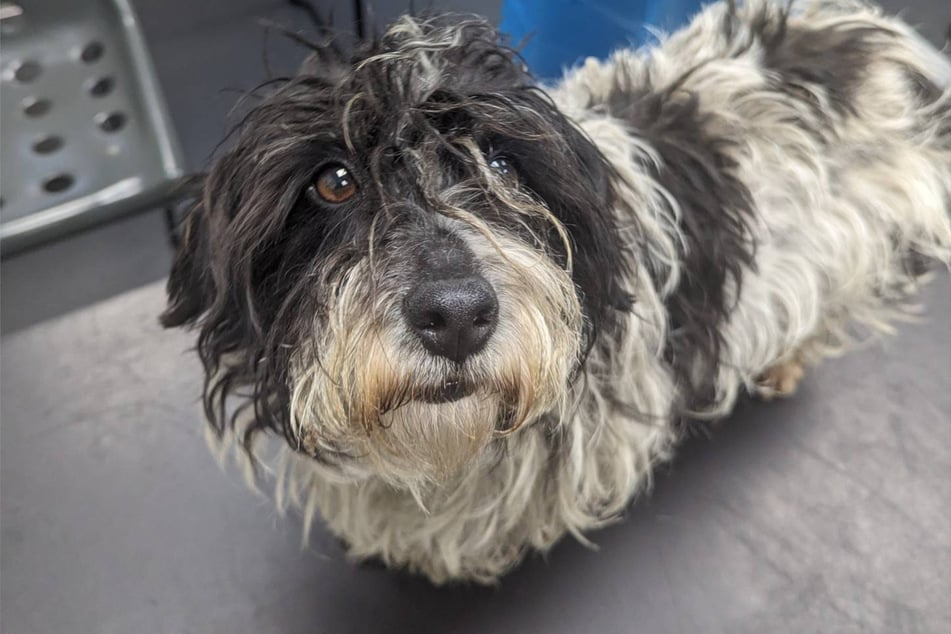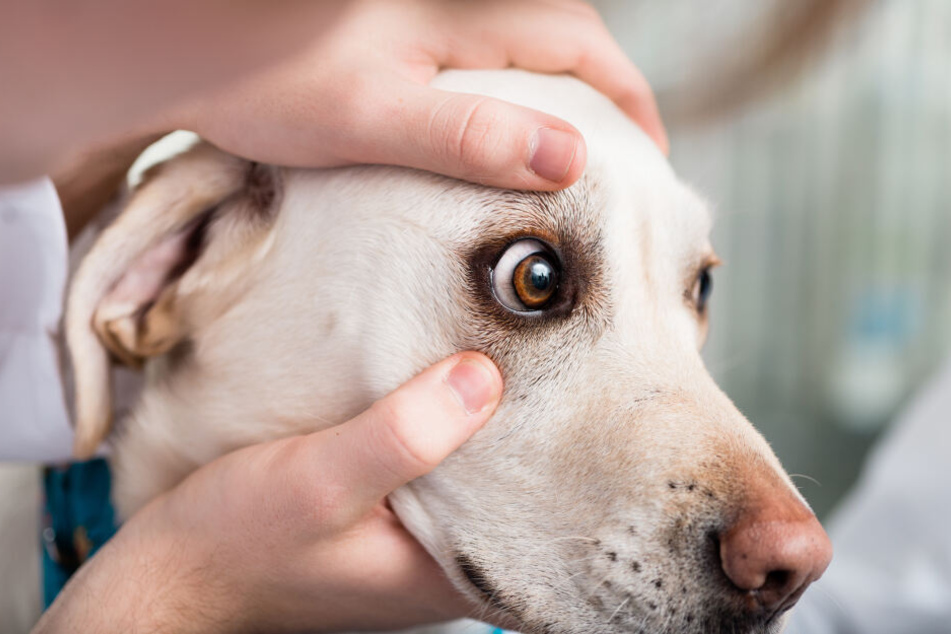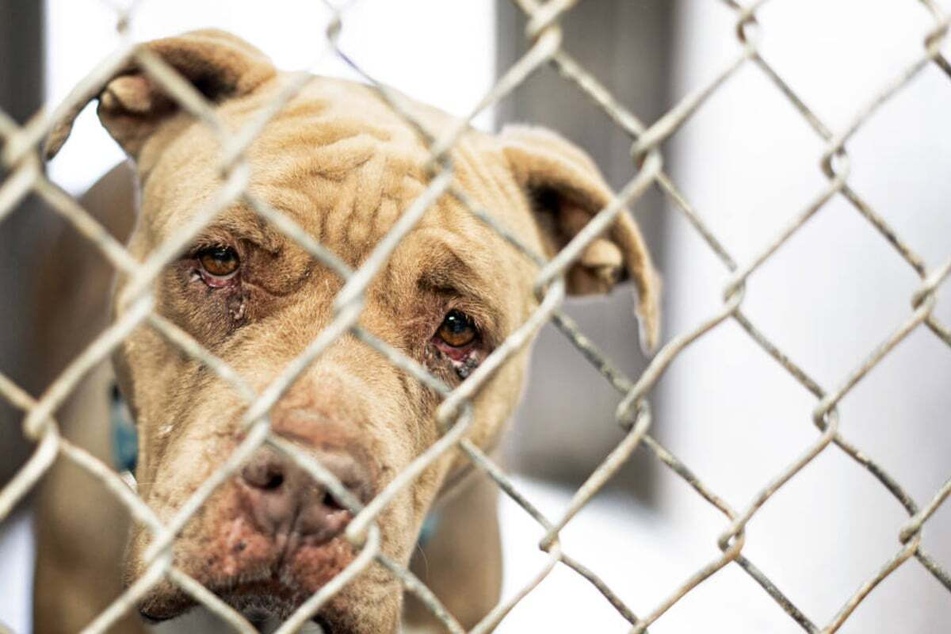Do dogs cry?
While our dog's sad eyes can easily move us towards tears, triggering all sorts of emotions, is it actually possible for them to cry because they're sad? Do dogs cry?

Are dogs more similar to humans than we thought? Do they actually get teary-eyed when they feel down, or are their tears indicative of something else - something far more worrisome? There are many behaviors that we can explain simply and easily when we witness them in a dog, and there are others that go beyond explanation - do dogs cry and, if so, what do their tears actually mean?
Do dogs have tear ducts?
Yes, dogs do have tear ducts much like we humans do, primarily used to keep the eyes clean and healthy. As a result, tears do form and, if not absorbed, may yield significant leakage (so, drip tears). This is quite rare, however, as the liquid produced by a dog's eyes are usually soaked up in the fur and hair, and on the surface of the eyeball.

Do dogs cry?
Yes, dogs do cry, but they are not crying due to emotional stress, excitement, or sadness. Just like with humans, dog tears work to protect the surface of the eyes and flush out foreign objects, but they are not instruments through which a dog can express its satisfaction or dissatisfaction with a given situation.
While dogs are full of emotions - they experience joy, love, panic, excitement, fear, everything you could imagine - these feelings are contained within different behaviors, with the tear ducts preserved purely for biological purposes rather than existential ones.
If you are worried that your dog is sad, look out for these symptoms:
- Barking and howling
- Destroying things for no reason
- Refusing food
- Doing their business indoors
- Aggressive behavior
- Lethargy
- General fear and anxiety
While sadness is unlikely to explain your dog's crying, there are a few explanations that might need to be focused on.
Why do dogs cry?

Excessively watering eyes can be a sign of illness, or some kind of infection. Some breeds, such as rottweilers, chow-chows, golden retrievers, and mastiffs, naturally suffer from watery eyes and don't need to be worried about too much. Other breeds, however, face some pretty serious ramifications.
What's most important at the start is to try and rule out the possibility of glaucoma or even a tumor causing the crying eyes. To do so, we'd recommend starting your teary-eyed adventure with a trip to the veterinarian. We will get onto cures in the next section, though.
If your dog is crying, these are the most common and likely reasons behind it:
- Conjunctivitis
- General propensity for wet eyes
- Allergies
- Foreign objects getting in the eye
- Infections
- Dog flu or cold
- Blocked tear ducts
- Misalignment of the eyelid
- Various diseases
- Injury
People tend to humanize their pets more and more, but when it comes to their tears, a dog owner needs to be aware that sickness, not sadness, is the more likely cause.

How can I help a crying dog?
If your dog is crying all the time, and it is clearly a really major problem, the only thing that you can do is take your dog to the veterinarian as soon as humanly possible. Anything else is simply unacceptable, as you need to be careful and shouldn't pretend to be a veterinarian when you are not.
Once your vet has given their opinion, you can start the process of treating the watering and crying eyes, with a likely combination of medication and physical remedies. The latter should only apply, however, with the permission and specific instruction of your vet.
Here are a few physical remedies to help your dog's crying eyes:
- It is very important to clean out your dog's eyes with high-quality eye-drops every now and again.
- Make sure to wipe your dogs eyes with proper eye wipes when they get super runny.
- Eye lubricant can help to reduce runny eyes if they are due to dry and uncomfortably hot weather.
While it is possible for your dog's tears to be a sign of something negative or painful, it is quite unlikely. If your dog keeps crying, get in touch with the veterinarian, but if it is a brief and quickly passed outbreak, don't worry too much.
Cover photo: Collage: Unsplash/Karin Hiselius & 123RF/Kzenon



